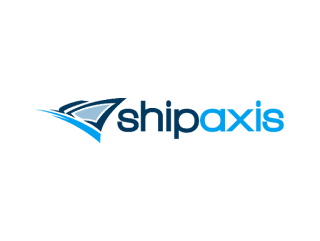IMO adds autonomous ships to it agenda.
The International Maritime Organization (IMO) is in line with the proposal and will now start mapping how existing international regulation can be applied to autonomous ships and maritime technologies.
Submitted by Denmark, Estonia, Finland, Japan, the Netherlands, Norway, South Korea, United Kingdom and the US, the proposal gave rise to a prolonged debate, which showed that many safety and legal issues still remain to be solved as regards autonomous shipping.
According to plan, this issue will be discussed at the next meeting of the Maritime Safety Committee (MSC 99), and then a plan will be drawn up for further consideration of the matter.
“Despite some concern, it was generally agreed that the IMO needs to start its work now. There was also general agreement that the IMO must take into consideration how developments will affect the seafarers,” the Danish Maritime Authority said.
“There was a surprisingly high level of support for starting the work on the regulation of autonomous ships, even from countries expected to be negative as they are major suppliers of seafarers,” Lasse Karlsen, Technical Director in Norwegian Maritime Authority, added


Comments
Post a Comment